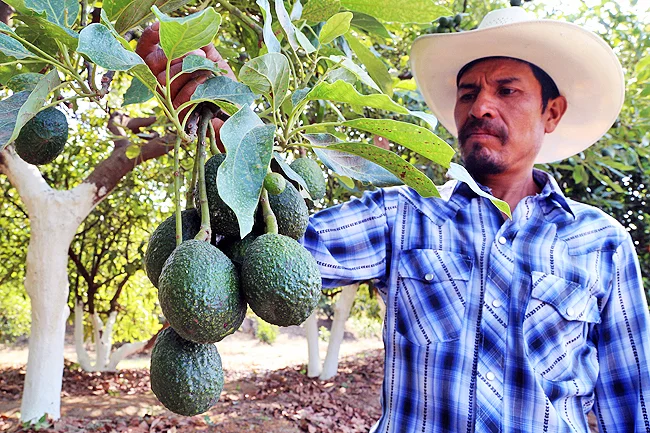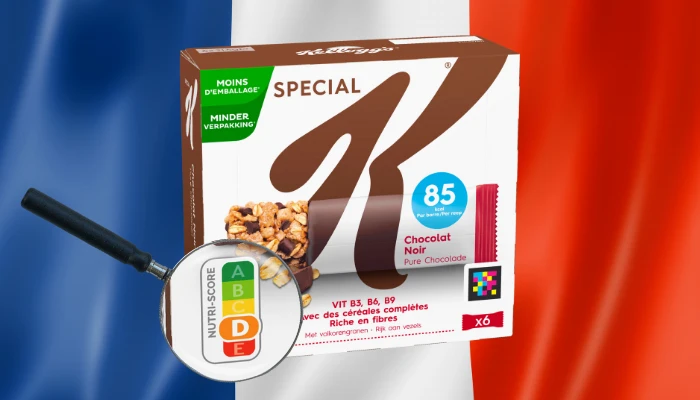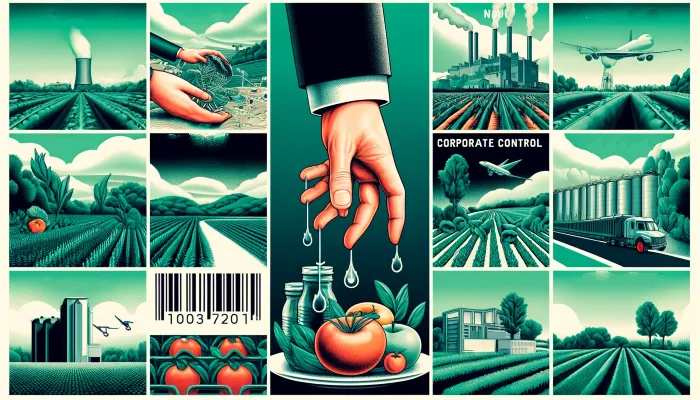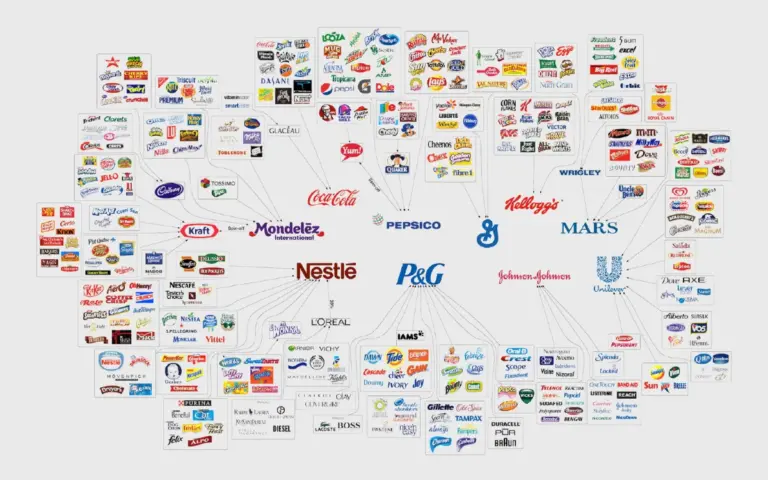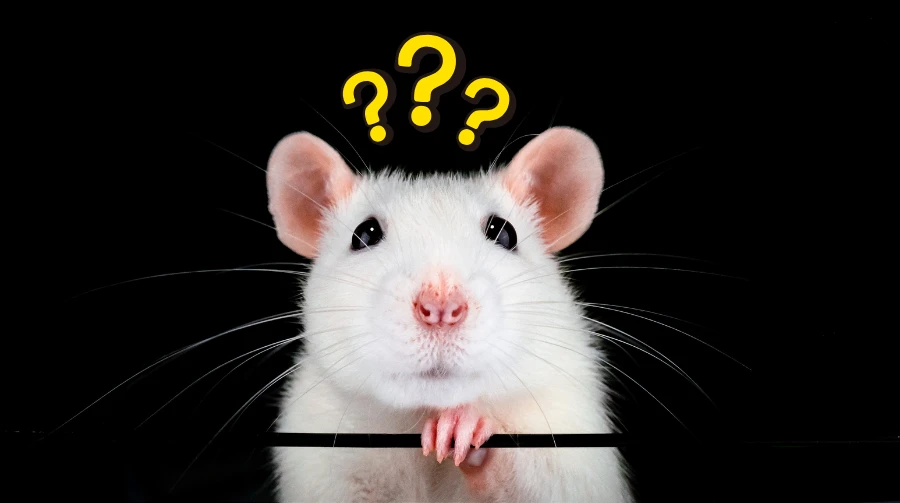The recent ban on avocado imports from Mexico by the United States has shed light on the risks associated with heavy reliance on a product that originates from a region plagued by violence and corruption.
While the ban was short-lived, it highlights the extent of the US’s dependence on its neighbor for avocados, a fruit whose demand has skyrocketed in recent years, attracting both legal and criminal enterprises.
Mexico has been supplying avocados to the US since 1997 when a longstanding import ban was lifted.
The surge in per capita avocado consumption in the US, coupled with limited domestic sources, has allowed Mexican avocados to dominate the American market.
Specifically, the Mexican state of Michoacán, the only state certified to sell avocados to the US, supplies around 80 percent of the 60 million pounds of avocados consumed north of the border each week.
The profitability of the avocado trade in Mexico has attracted the attention of criminal cartels, leading to their infiltration of the industry over 20 years ago.
As cartels vie for control, violence and extortion have escalated, causing significant unrest in the region.
In 2019, the Jalisco New Generation Cartel carried out a brutal attack in Uruapan, Michoacán’s avocado hub, which involved hanging corpses from an overpass and leaving threatening messages. There have even been reports of cartels using drones to drop bombs as part of their control tactics.
Threats and violence targeting inspectors have occurred in the past, with US officials suspecting a connection to increased cartel involvement in the avocado trade.
The recent ban was prompted by threats made against a US Department of Agriculture employee who refused to certify a mislabeled shipment of avocados.
More To Discover
- Disassembly Lab Sneaker: Pioneering Sustainable Design in Footwear
- What is Bioponics? Discussing The Organic Closed-Loop Cultivation System That Uses No Soil
- Bitcoin’s Thirst for Water The Cryptocurrency’s Environmental Cost Is Getting Worse
- Insights from the Vertical Farming Industry’s Bankruptcies, Layoffs, and Closures in 2023
While Mexican President Andrés Manuel López Obrador dismissed claims of cartel involvement, attributing the suspension to unspecified political interests and pressure from countries seeking a share of the lucrative American avocado market, the situation underscores the risks associated with heavy dependence on a region marked by violence and corruption.
The dominance of the Hass avocado variety exacerbates the challenge of diversifying avocado imports.
Americans strongly prefer Hass avocados, which are primarily imported from Mexico.
Although the US allows Hass avocado imports from Peru and Colombia, wholesalers prefer Mexican Hass avocados due to perceived quality differences.
While other avocado varieties, such as Greenskin avocados grown in Florida and the Caribbean, could potentially reduce US reliance on Mexican avocados, consumer preference for the Hass variety and its unique characteristics pose hurdles to diversification.
The avocado industry’s significant economic and political impact has made it a subject of tension and debate. However, the popularity of avocados as a creamy and healthy food often overrides political concerns, leading people to set aside differences and enjoy guacamole.







